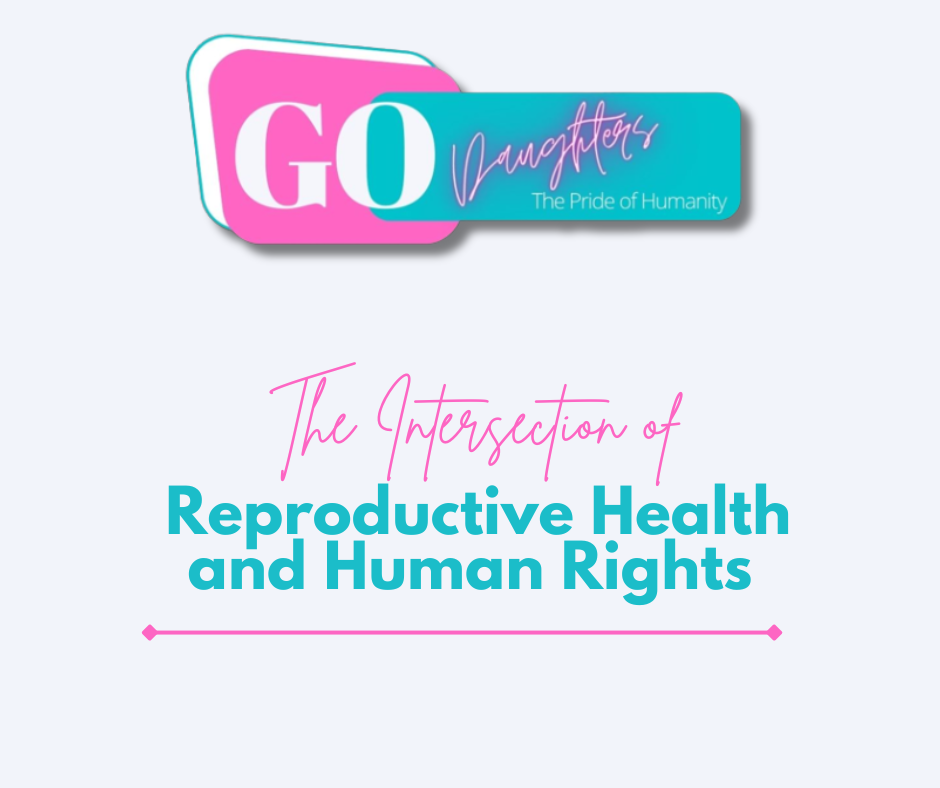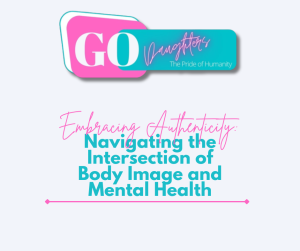
Reproductive health and rights are fundamental aspects of human well-being, and their intersection plays a crucial role in shaping societies worldwide. This blog delves into the importance of reproductive health and the inherent rights associated with it.
Understanding Reproductive Health
Reproductive health encompasses a broad spectrum of issues related to the reproductive system, including sexual health, family planning, maternal health, and access to safe and legal abortion services. It’s not limited to just physical well-being but also includes psychological, social, and economic aspects.
Reproductive Rights as Human Rights
Reproductive rights are human rights. They are rooted in principles of autonomy, dignity, equality, and non-discrimination. The United Nations has recognized that access to reproductive health services and information is a fundamental human right.
Empowering Individuals
Reproductive health and rights empower individuals to make informed choices about their bodies and their lives. This empowerment is essential for gender equality, as it allows women and marginalized groups to control their reproductive destinies, pursue education and career opportunities, and participate fully in society.
Barriers to Reproductive Health and Rights
While reproductive health and rights are essential, numerous barriers exist globally, including:
- Lack of Access: Many people, especially in low-income countries, lack access to essential reproductive health services, contraceptives, and maternal care.
- Stigma and Discrimination: Societal stigmas around reproductive choices, sexual orientation, and gender identity can prevent individuals from seeking the care they need.
- Legal Restrictions: Restrictive abortion laws in some countries pose significant threats to reproductive rights.
- Economic Disparities: Economic disparities can limit access to reproductive healthcare, making it a privilege rather than a right.
Advocacy and Progress
Progress has been made in advancing reproductive health and rights globally. Advocacy efforts, policy changes, and international initiatives like the Sustainable Development Goals (SDGs) have helped raise awareness and improve access to reproductive health services. Nevertheless, challenges persist, and there is much work to be done.
Conclusion
Reproductive health and rights are integral to human dignity, autonomy, and equality. As we move forward, it’s crucial to prioritize the dismantling of barriers, promoting education, and fostering environments where individuals can make informed choices about their reproductive health. Only by recognizing and protecting these rights can we work towards a more equitable and just society.




